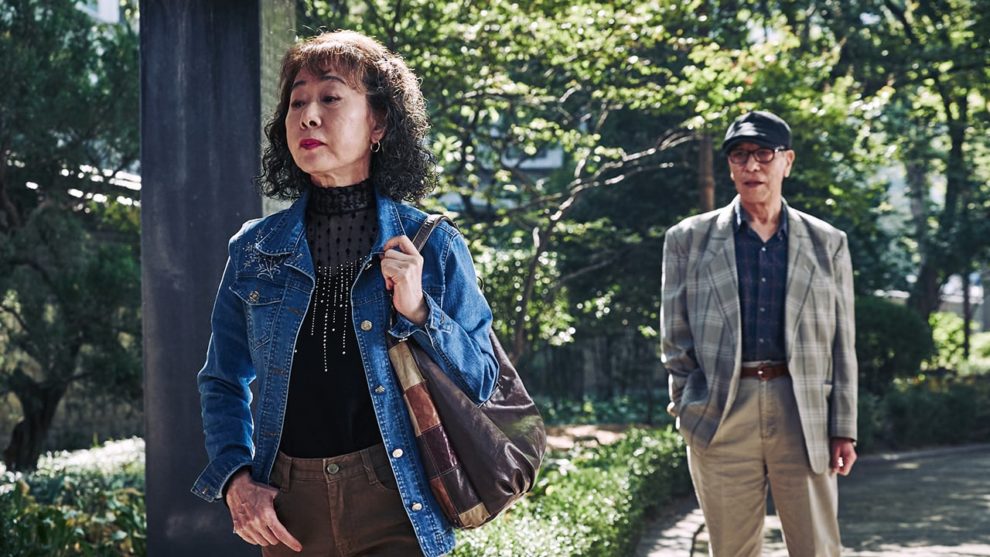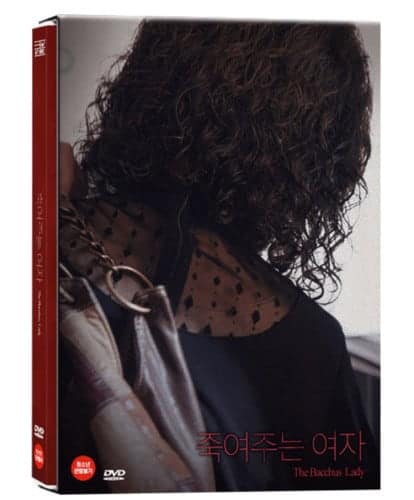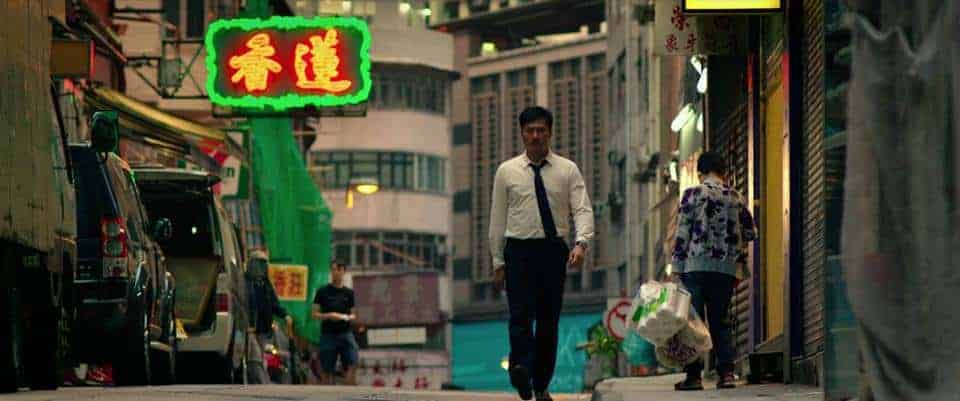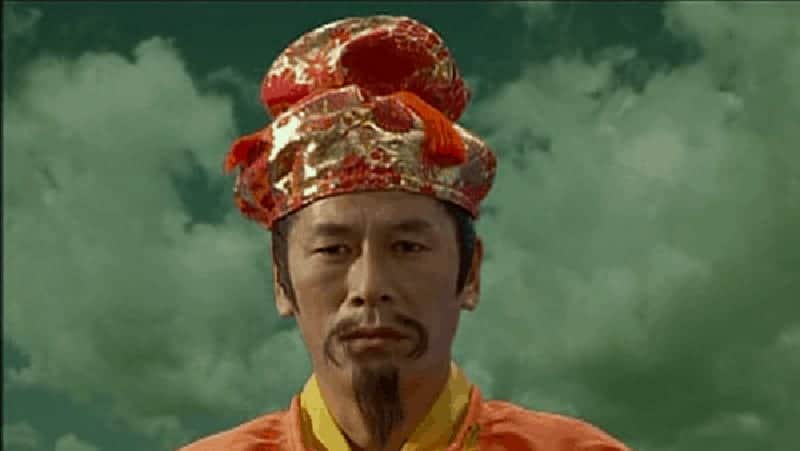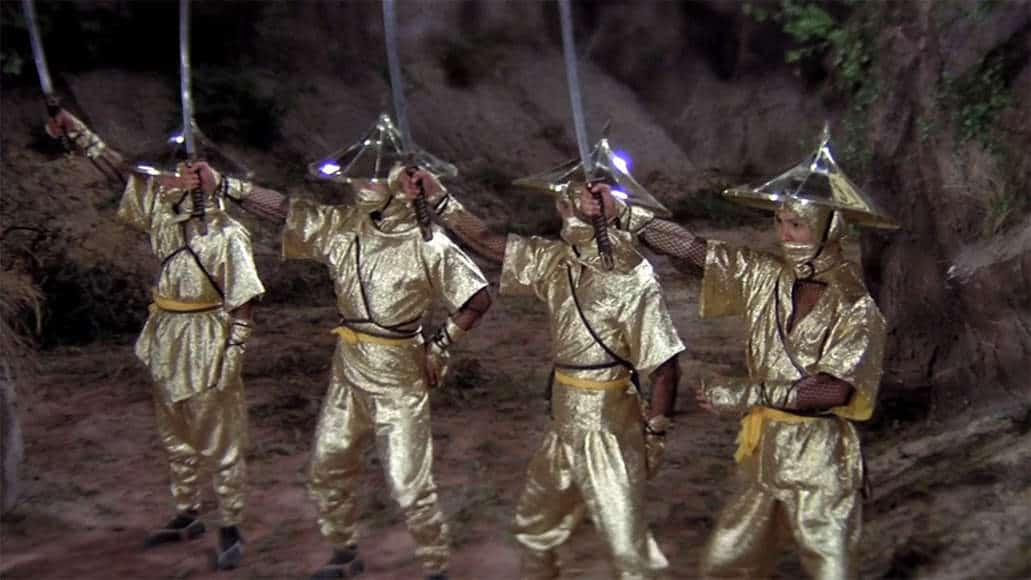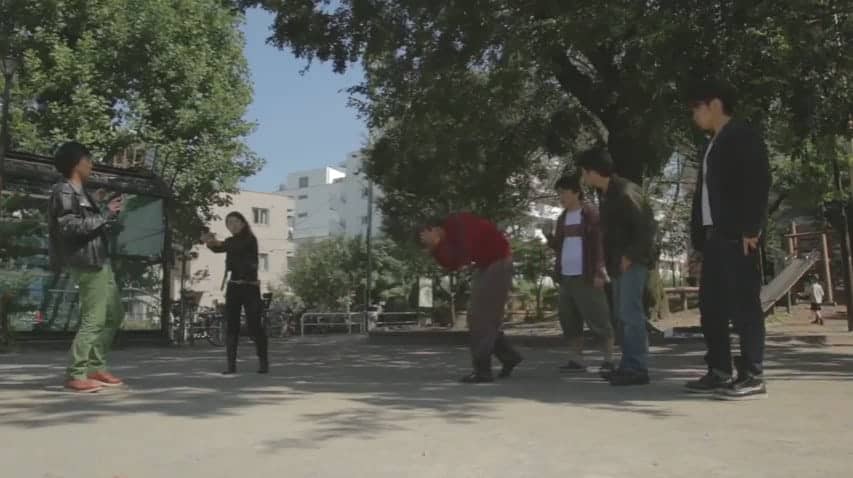“Underrated” is a word that is casually tossed around the internet countless times each day. Open your twitter and scroll for longer than 5 minutes and you can bet you'll see a song, artist, movie or tv show that someone deems criminally overlooked by the masses, from the most niche to the highest peaks of pop culture (according to film Tik Tok, Parasite is extremely overrated…. sure.) So, even for The Bacchus lady, it feels a slight misuse of the word to call it underrated. After all, it was very well regarded by critics and nominated for various awards upon its release in 2016, including the Grand Jury Prize at the 10th Asia Pacific Screen Awards, of which Youn Yuh-jung (more on her later) took home the grand jury for best actress. Yet, even though it enjoyed critical success and is directed by a well-established filmmaker in Lee Jae-yong, it still seems that out of the major Korean releases, to be more of a low-key and underseen gem. However, what might make this film unappealing to a mainstream audience is also what elevates it to its slightly secret classic status.
Buy This Title
The story takes us through a few weeks in the life of Soo-ja, an independent, spunky, and experienced “Bacchus Lady” in Seoul (Bacchus Lady = an elderly prostitute who often preposition potential clientele by offering them a bottle of Korean energy drink Bacchus-F). At the hospital, after contracting an STD from one of the elderly men that she regularly services, Soo-ja happens across a young Filipino boy whose mother is arrested for assaulting a doctor for fathering her child and then abandoning them. Taking pity on the boy, who reminds her of her own son, Soo-ja befriends and takes him under her wing. In the meantime, Soo-ja wrestles with the choices she's made in her life, and meets a client who asks her for a strange favour: to help him commit suicide.
“The Bacchus Lady” is ultimately a film about those who have often been hidden away and looked down upon in Korean society, particularly the elderly. Soo-ja experiences multiple moments in which she's treated with disdain by members of the public, most glaringly by a clearly wealthy family who accuse her of manipulating and extorting their ill patriarch after she visits him in hospital. In reality, the dying old man sees more kinship with Soo-ja than he does his real family, who treat going to visit him as a chore rather than for love. Those at the foot of society only have each other, and Lee Jae-yong highlights this and the way they're generally treated and regarded over and over again during the course of the movie's runtime, and not only in regards to the Bacchus Ladies and the elderly in general but beyond just that demographic. Joining Soo-ja are a group of loveable misfits that live (and seem to be the only residents) in her small apartment block, consisting of a confident trans club queen, a cheerful man with a prosthetic leg, and of course, Min-ho, the orphan. These colourful characters add a heart-warming touch and a needed dose of levity to the bleaker aspects of the narrative, while also speaking on some of the other corners of Korean society where the underrepresented are swept under the rug.
Lee Jae-yong strikes a good balance of light-heartedness and dark social criticism here; however, there is a clear point in the movie where the focus shifts particularly into cynicism, and really drives the established themes of loneliness, death, regret, and the need for atonement, home. This shift works, though, as the camerawork always remains clean, quiet, and passive, the colour palette of the film quite bright, and the score emotionally unbiased. Many films hammer home a certain style and tone to convey their themes, dark and gritty visuals for their cynical narrative, and that works fine, but it is refreshing that Lee Jae-yong relies primarily on the narrative and characters themselves to convey the meaning of the movie rather than flood the frame with heavy tones and styling. As a result, “The Bacchus Lady” comes across as essentially bittersweet, almost like a great Koreeda film does.
It would be quite impossible to review “Bacchus Lady” without dedicating a significant number of words to Youn Yuh-jung's predictably masterful performance as So-young. Yuh-jung brings so many different shades to this role and it's hard to imagine any other actor playing the part of this spirited elder who is coming to terms with her own morality, mortality, and the choices she's made throughout her life. Such heavy themes resting on a character's shoulders might make you think it a mammoth task for the actor portraying them. If it is, we never know, because Yuh-jung makes it look so damn easy, inhabiting complex spaces of emotion with simplicity and deftness. Watching such a great performance makes it even more groan-worthy that Western audiences are condescendingly calling her the “Meryl Streep of Korea” in the wake of her fabulous turn as grandma Soon-ja in “Minari”. There's only one Youn Yuh-jung, and she is irreplaceable in this role.
“The Bacchus Lady” is a finely balanced drama with a bittersweet core that finds real value and meaning in its focus on story and characters over flashiness. This light, deceptively simple movie actually carries a lot of weight and has a lot to say about how Korea forgets the elderly, and how the elderly cope with being forgotten.


